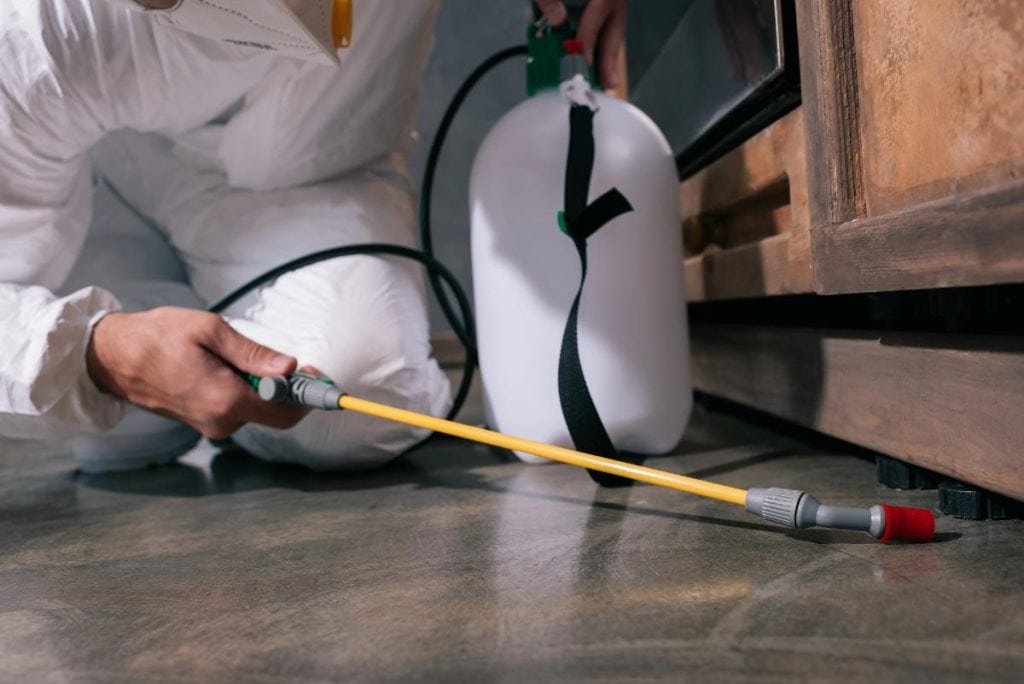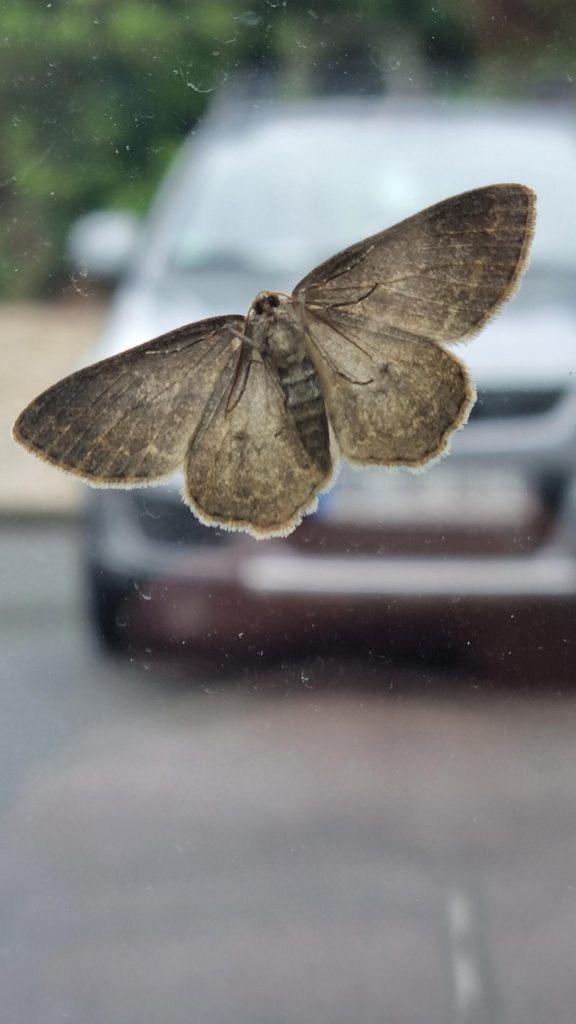
Are you tired of dealing with pests in your home, only to have them reappear no matter what you do? The good news is, there are practical ways to keep your living space pest-free without constant frustration.
Achieving a pest-free home isn’t just about regular cleaning. It’s about understanding what attracts pests and addressing those issues head-on. From proper food storage to controlling moisture, you can take simple yet effective steps to keep pests at bay.
For more helpful advice, visit mothexterminator.co.uk. They share proven tips and solutions for maintaining a pest-free home so you can reclaim your space.
Tidy Up Your Space
Keeping your home clean is one of the simplest ways to discourage pests. A tidy environment not only looks great but also eliminates hiding spots and food sources pests rely on. Wiping down surfaces daily, vacuuming floors regularly, and disinfecting high-touch areas are essential steps to maintaining a pest-free home.
Focus on areas like the kitchen and dining spaces, where crumbs and spills are more likely to accumulate. Clean under appliances, wipe countertops, and sanitize frequently used surfaces to minimize attractants. Don’t forget to empty your vacuum cleaner regularly, as pests can survive inside it if left unchecked.
Seal Entry Points
Pests often enter homes through tiny gaps and cracks that are easy to overlook. Regularly inspect your home for openings around doors, windows, vents, and pipes. Even a small gap can serve as an invitation for pests to move in.
Use caulk or steel wool to seal these gaps effectively. For larger openings, consider weather stripping or door sweeps to create a stronger barrier. Make a habit of checking these areas seasonally, as shifting temperatures can create new entry points.
Manage Waste Properly
Proper waste management is a cornerstone of pest prevention. Garbage can quickly attract pests, especially when it’s left exposed or bins aren’t emptied frequently. Use sealed trash cans and take the garbage out regularly to reduce odors and access to food scraps.
If you compost, be sure to keep your compost area tidy and turn the pile frequently to prevent pests from nesting. For large items like old furniture, avoid leaving them outdoors for extended periods. Instead, dispose of them at a local dump or arrange for a pick-up service.
Try Natural Repellents
Natural pest control methods can be a safe and effective alternative to chemical sprays. Diatomaceous earth, for instance, is a non-toxic powder that can be sprinkled around doors and windows to deter insects. Fresh herbs like rosemary and thyme or crushed chili peppers can also repel pests with their strong scents.
Sticky traps are another effective tool, especially when placed near moisture sources like sinks or bathrooms. If you’re dealing with a specific pest, such as crickets, you can create molasses traps by mixing one part molasses with ten parts water in a shallow dish.
Maintain Your Garden
Your garden is often the first line of defense against pests entering your home. A well-maintained garden can deter pests while promoting a healthy outdoor ecosystem. Start by enriching your soil with compost and practicing crop rotation to keep plants resilient.
Remove any debris or fallen leaves, as these can serve as breeding grounds for pests. Attract beneficial insects like ladybugs and bees, which naturally keep harmful pests in check. If necessary, use physical barriers like row covers to protect vulnerable plants from infestations.

Reassess Food Storage
Your pantry can quickly become a hotspot for pests if food isn’t stored properly. Switch to airtight containers for dry goods like flour, sugar, and cereal to keep pests out. Avoid leaving open packages or loose items, which can attract ants, moths, and other unwanted visitors.
Clean up crumbs and spills immediately to remove food sources. Check for signs of pest activity, like droppings or gnawed packaging, during your regular pantry checks. Storing pet food in sealed containers is equally important to keep pests from raiding your furry friend’s meals.
Perform Routine Inspections
Routine inspections are key to catching pest problems early. Take time to look for cracks, gaps, or any other vulnerabilities around your home. Pay attention to areas like basements, attics, and crawl spaces, which are common hiding spots for pests.
During inspections, watch for telltale signs like droppings, unusual odors, or damaged materials. Identifying these issues early can save you from a full-blown infestation. Regularly monitoring these spaces, especially in spring and fall, will help you stay ahead of potential problems.
Declutter and Organize
Clutter provides pests with plenty of places to hide and breed. Keeping your home organized and clutter-free is a simple but powerful way to deter them. Focus on storage areas like attics, basements, and garages, where unused items tend to accumulate.
Switch to plastic bins with tight-fitting lids instead of cardboard boxes, which pests can chew through. Shred unnecessary papers and magazines, and store important documents in sealed containers. Regularly clean and organize these spaces to keep them uninviting to pests.
Keep Pets Clean

Pets are beloved members of the family, but they can also be unwitting carriers of pests. Regular grooming and flea prevention treatments are essential to minimize the risk. Wash their bedding often, and vacuum the areas where they sleep and play to eliminate stray pests or eggs.
Inspect your pets for signs of fleas or ticks, especially after outdoor adventures. Keeping their food and water bowls clean and storing pet food in sealed containers will further reduce the chances of attracting pests to your home.
Final Thoughts
A pest-free home is within your reach when you follow these practical tips. From sealing entry points to managing waste and maintaining a tidy space, these simple steps can make a world of difference. Regular inspections and proactive measures are the keys to keeping pests out for good.
